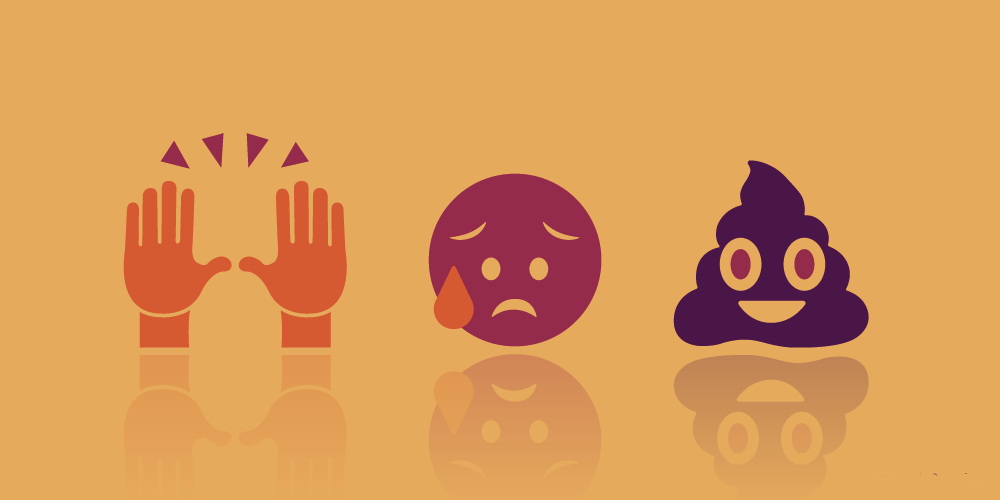Overwhelmed. Nervous. Exhausted. Agitated. Pained. All at once.
Yep, if you’re like, well, pretty much every worker ever, you know what we’re talking about: stress. No matter your job, work stress is like the zero on a roulette wheel: it’s coming around eventually.
Here are 5 strategies that help you handle a stressful career.
The Biggies: Sleep, Eat right, Exercise
Yes, you’ve heard these all before. Too bad. Scientific study after scientific study has validated the effectiveness of all these things for relieving stress.
Sleeping, eating right, and exercising are all great for your physical health, but more importantly, they also do wonders for psychological health. All three help boost endorphins, regulate dopamine, and simply keep you happier.
Doesn’t mean you can’t cheat. (Because sometimes the best stress relief is binge-watching Game of Thrones with a pint of chocolate chip cookie dough ice cream.) But if you want to manage the stress you already have while simultaneously helping bullet-proof yourself from stress in the future, you owe it to yourself to start thinking about all these things.
Establish Boundaries
Often the source of work stress is the feeling that work can never end. That feeling’s certainly grown as electronic communication ensures you can always be found.
Or does it? Sometimes the best stress-prevention technique is to work on saying no. No emails after 9pm. No work on the weekends. No letting managers add more work to your already-too-full plate. You don’t have to choose all of these, but you should choose the one or two that matter to you.
Reduce Interruptions
Studies prove it: interruptions make us more agitated. That’s why one good strategy is to keep interruptions to a minimum. Turn off your internet connection for a while. Or at least close your email reader and chat windows. Put a “do not disturb” sign on your door or cubicle. Wear big headphones so that people know not to bother you.
You’ll get more done and won’t feel pulled in a million directions.
Write Things Down
Too much going on in your head? Use an old technology to help: pencil and paper. When you’re stressed out because you have too much to keep track of, take a sheet of paper and write down everything you have to do. (Or use an app like RTM, or Trello.)
Not having to worry about remembering what you have to do frees up a surprising amount of emotional energy to actually do those things.
Prioritize to Immediately Reduce Work Stress
If it feels like you’ll just never get everything done, sometimes you just need to realize that you don’t have to. Make a list of all the tasks on your plate, then decide what really has to get done, and what you’d just like to have done.
This doesn’t mean that what you’d like to get done isn’t important. But you can worry about that later.





